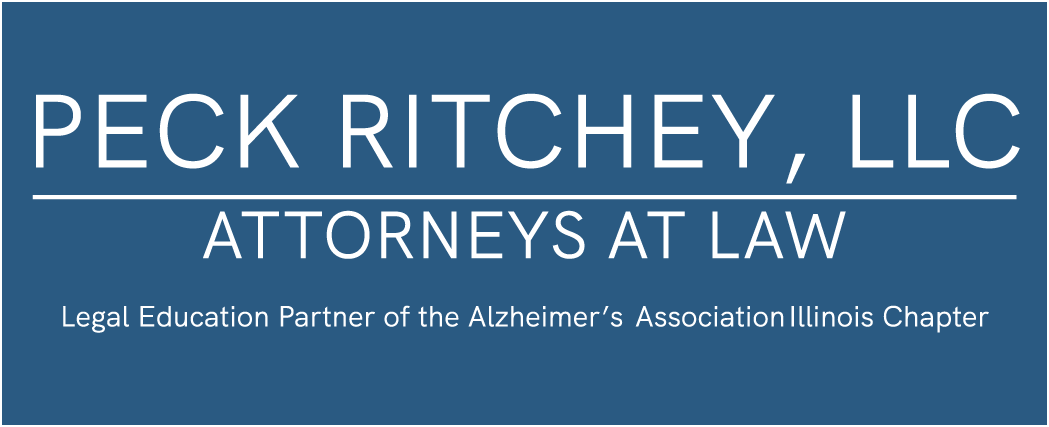 Blended families are common, and many households include half-siblings, stepchildren, and multiple sets of parents and grandparents. While these families offer much love and support, they also face specific legal concerns when it comes to elder law issues. What are elder law challenges in blended families?
Blended families are common, and many households include half-siblings, stepchildren, and multiple sets of parents and grandparents. While these families offer much love and support, they also face specific legal concerns when it comes to elder law issues. What are elder law challenges in blended families?
Without proper planning and legal tools, disputes can arise. These disputes could be over probate issues with stepchildren, caregiving conflicts in blended families, and inheritance disputes in second marriages, which can create long-term divisions. Addressing these issues early provides legal clarity for your family’s future.
What Are Blended Families?
Blended families consist of spouses who bring children from previous relationships into a new partnership or marriage. These families may include half-siblings, stepchildren, and other extended family members in caregiving roles. Bringing all these family members together can present specific legal and financial challenges. As family structures evolve, handling caregiving, estate planning, and inheritances can be challenging.
Unique Challenges in Elder Law for Blended Families
Blended families face specific legal concerns when addressing elder law issues. Some of the most common issues include:
- Caregiving Conflicts in Blended Families – Disagreements may arise over who provides care and makes healthcare decisions when aging parents require care. Biological children and stepchildren may have differing views on care options, living arrangements, and financial obligations.
- Probate Issues with Stepchildren – Disputes over wills and trusts are common in blended families. If a will is outdated or unclear, stepchildren or a surviving spouse may challenge its validity. The challenges could lead to lengthy probate battles.
- Inheritance Disputes in Stepfamilies – Stepchildren often have no automatic inheritance rights unless they are legally adopted. This can lead to legal conflicts, especially when a biological parent’s assets pass entirely to a surviving spouse. In that scenario, stepchildren would have no claim.
- Estate Planning for Blended Families – If a parent dies without a clear plan, stepchildren may be unintentionally excluded from the estate. Estate planning in blended families must balance the financial needs of a surviving spouse while making sure children from previous relationships receive their intended inheritance.
- Balancing Inheritance in Remarried Families – Remarriage often complicates asset distribution. Without a solid estate plan, a new spouse may inherit everything, leaving children from a previous marriage with nothing. Prenuptial agreements and trusts can help prevent unintended consequences and make sure assets are distributed as the deceased directed.
- Financial Challenges in Elder Care for Blended Families – Managing healthcare and long-term care costs across family units can be hard, making it critical to use legal tools for stepfamily elder care. A power of attorney (POA) allows a trusted individual to manage an aging parent’s finances and healthcare decisions. However, selecting an agent to hold the POA can be difficult in blended families if there are competing interests.
Key Legal Tools for Blended Families

Elder law for stepfamilies requires a strategic approach to account for all family members. Some essential tools can help achieve these goals, including:
- Healthcare Directives in Blended Families – Healthcare decisions in blended families can be contentious, but advanced healthcare directives allow individuals to outline medical preferences in case of incapacity. Naming a healthcare proxy allows the entrusted person to make medical decisions when needed.
- Wills and Trusts for Stepchildren – A well-drafted will makes sure that both biological and stepchildren receive their inheritance. Trusts for blended family estate planning allow a surviving spouse to use assets during their lifetime while preserving wealth for children from a previous marriage.
- Legal Guardianship Concerns in Blended Families – A legal guardian may need to make financial and medical decisions if an elderly parent becomes incapacitated. Planning ahead with clear legal directives can prevent disputes over guardianship.
- Financial Planning for Seniors in Blended Families – Regularly updating retirement accounts and life insurance policies guarantees that assets are distributed according to current family dynamics. This is critical for protecting assets in a remarriage.
- Resolving Family Disputes Over Elder Law Issues – Disputes over financial decisions, estate planning, and caregiving are common in blended families. Legal intervention can help resolve conflicts before they escalate. Mediation with a neutral third party, an elder law attorney, or even a family meeting can clear up misunderstandings and create a clear plan for the future.
Contact an Experienced Elder Law Attorney Today
At Peck Ritchey, LLC, our Illinois elder law attorneys know that proactive planning to prevent stressful legal battles is critical for blended families to help balance the interests of biological children, stepchildren, and surviving spouses. Whether you need help with power of attorney for aging parents, resolving inheritance disputes, handling will and trust challenges in blended families, or financial planning for seniors in blended families, we can help. We’ll help you create a plan that outlines and achieves your goals before a crisis arises.
Call our law firm today at (312) 201-0900 or contact us online for your free consultation to start building a plan and future that works for your blended family’s needs.
Related Posts
Understanding Guardianship and Power of Attorney for Elderly Loved Ones
